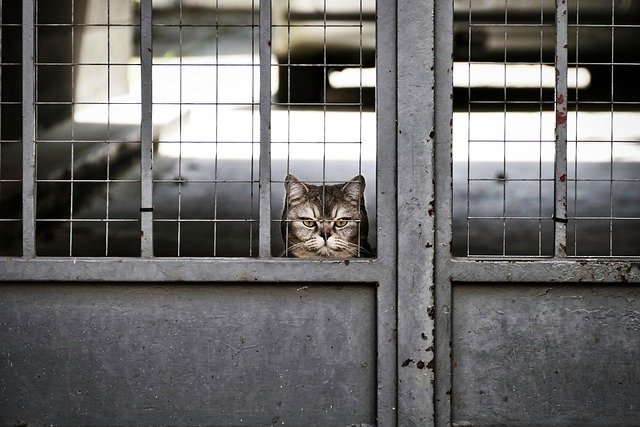Bringing Home a Shelter Cat: A Comprehensive Guide to Care and Adaptation
Adopting a shelter cat can be a transformative experience for both the feline and their new family. These resilient animals often come with unique backgrounds and needs that require special attention, patience, and understanding. This guide will walk you through everything you need to know about welcoming a shelter cat into your home and ensuring their successful transition and long-term well-being.

What Should You Know Before Bringing Home a Shelter Cat?
Preparing for a shelter cat’s arrival involves more than just excitement. Cats from shelters may have experienced trauma, stress, or inconsistent care, which can impact their initial behavior and adaptation. Research the cat’s background if possible, and create a calm, quiet space where they can feel safe and secure. Gather essential supplies like a litter box, scratching post, comfortable bedding, food and water bowls, and appropriate cat food before bringing your new companion home.
How Do Shelter Cats Adapt to a New Environment?
The adaptation process for shelter cats can be complex and varies by individual personality. Some cats may be immediately curious, while others might require days or weeks to feel comfortable. Create a designated safe room with limited stimuli where your cat can gradually acclimate. This space should include their litter box, food, water, and hiding spots. Allow the cat to explore at their own pace, avoiding forced interactions and respecting their personal boundaries.
Daily Care Routines for a Shelter Cat
Establishing consistent daily routines is crucial for helping a shelter cat feel secure. Maintain regular feeding times, clean the litter box frequently, and create a predictable schedule for playtime and interaction. Use interactive toys to build trust and provide mental stimulation. Gentle, patient approaches work best – let the cat initiate contact and gradually increase social interaction as they become more comfortable.
Health Considerations for Newly Adopted Shelter Cats
Schedule a veterinary check-up within the first week of adoption. Shelter cats may require additional medical attention, including vaccination updates, parasite prevention, and potential treatment for stress-related conditions. Discuss the cat’s medical history and any specific needs with your veterinarian. Monitor their eating habits, bathroom routine, and overall behavior for any signs of potential health concerns.
Long-Term Well-Being Considerations for Shelter Cats
Supporting a shelter cat’s long-term well-being involves ongoing emotional and physical care. Invest time in building a trusting relationship through consistent, positive interactions. Provide environmental enrichment like climbing trees, window perches, and rotating toys to keep them mentally stimulated. Regular veterinary check-ups, proper nutrition, and understanding their unique personality will help ensure a happy, healthy life together.
Estimated Costs of Shelter Cat Adoption and Care
| Expense Category | Initial Cost | Annual Cost |
|---|---|---|
| Adoption Fee | $50 - $200 | N/A |
| Basic Supplies | $100 - $250 | $50 - $100 |
| Food | $100 - $300 | $200 - $500 |
| Veterinary Care | $100 - $300 | $200 - $600 |
| Litter | $50 - $150 | $100 - $250 |
Prices, rates, or cost estimates mentioned in this article are based on the latest available information but may change over time. Independent research is advised before making financial decisions.
This article is for informational purposes only and should not be considered medical advice. Please consult a qualified healthcare professional for personalized guidance and treatment.




